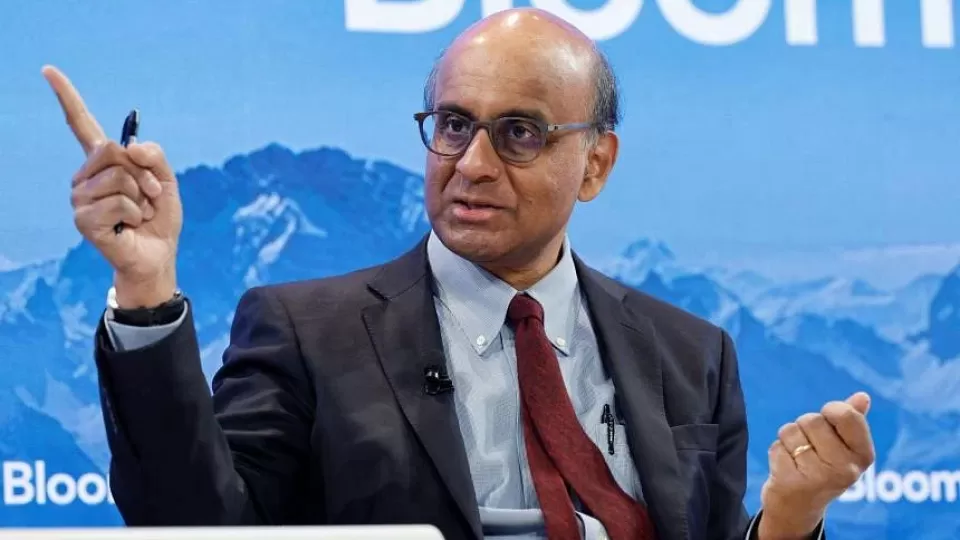January 20, 2023
DAVOS – Cryptocurrency has to be regulated to guard against money laundering and other financial crimes, said a panel of regulators and bankers at the World Economic Forum on Wednesday.
Singapore’s Senior Minister Tharman Shanmugaratnam, who was on the panel, said it is “very clear” that the cryptocurrency space has to be regulated for things like money laundering, similar to traditional finance.
But when it comes to regulating cryptocurrency the same way as banks and insurance companies for financial stability reasons, there is a need to take a step back and ask a basic philosophical question, he said during the discussion on banking.
“Does that legitimise something that’s inherently purely speculative? And in fact, slightly crazy?” said Mr Tharman, who is also Coordinating Minister for Social Policies and chairman of the Monetary Authority of Singapore.
“Or are we better off just providing ultra clarity as to what’s an unregulated market and if you go in, you go in at your own risk. I lean a bit more towards the latter view.”
Mr Tharman said there is a need for consumer education, and to make it very clear that dabbling in cryptocurrency is a foolish risk taken at one’s own expense.
“And then if crypto or blockchain or any of the parts of that ecosystem would like to do things that traditional finance is doing, you apply exactly the same regulations to that. Capital liquidity, reserve backing, exactly the same regulations,” he added. “So people are very clear. There is one regulatory system for everything. And if you’re outside of the regulatory system, buyer beware.”
Bank of France governor Francois Villeroy de Galhau, who was also on the panel, said countries should rush to roll out rules for non-bank financial firms, starting with cryptocurrency companies.
“We cannot say, look, there was this crypto winter and now it’s over. You don’t have to deal with it. We have to regulate,” he said, adding, however, that calls for a ban are “a bit exaggerated”. “We have to regulate in a coordinated manner. We have to have international rules, it’s an utmost priority.”
Pressure to impose tougher rules on crypto grew after FTX, the world’s second-largest crypto exchange, collapsed dramatically in November 2022. Other high-profile blow-ups include the stablecoin Terra-Luna and crypto hedge fund Three Arrows Capital.
The market capitalisation of crypto firms is around US$1 trillion (S$1.3 trillion) now, down from a peak of roughly US$3 trillion in November 2021.
UBS chairman Colm Kelleher, another panellist, called blockchain technology “unstoppable”, and said it will “reduce huge operational friction, reduce costs and, harnessed properly, will be a very good value additive to the chain”.
But “know your customer” – standards to protect financial institutions against fraud – and anti-money laundering rules need to be in place or “you cannot possibly justify selling that product as it’s currently constituted”, he said.
The Swiss private bank had investors who wanted to invest in coinage, Mr Kelleher noted.
“We had to draw a line on what was suitable for those investors. What is our fiduciary duty and what is our compliance responsibility?” he said.
“We have not answered those things and in many ways, I think we dodged a bullet because this thing blew up very quickly, but it will come back in one form or another. And we are looking for the regulatory framework that will allow us to accommodate that for our clients.”

